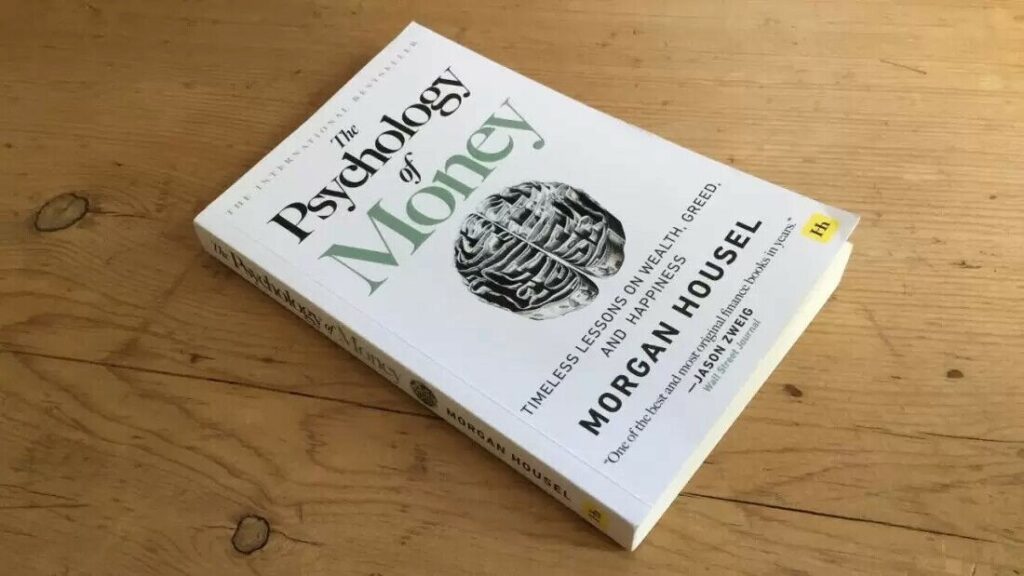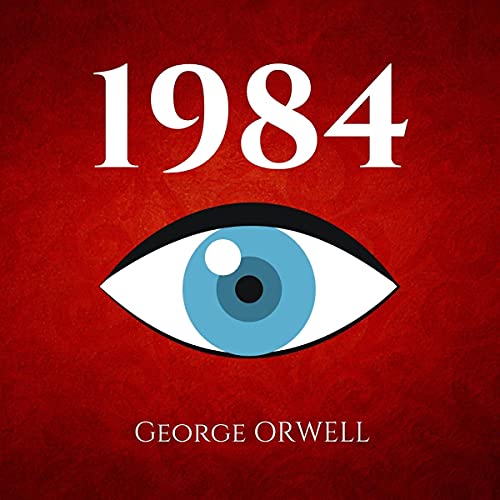
Book Review: The Psychology of Money Lessons for a Better Financial Life

“The Psychology of Money: Timeless Lessons on Wealth, Greed, and Happiness” is a personal finance book written by Morgan Housel, a partner at The Collaborative Fund and former columnist at The Motley Fool and The Wall Street Journal. This book falls into the business and finance genre but reads more like psychology than traditional finance literature.
I chose this book because it became a bestseller almost overnight, selling over a million copies and earning praise from everyone from Bill Gates to everyday readers looking to understand their financial behavior. What caught my attention wasn’t another “get rich quick” promise, but Housel’s unique approach to money through the lens of human psychology. In a world full of complex investment strategies, this book stood out for its simple but powerful insights.
Brief Summary
“The Psychology of Money” presents 20 short stories that explore how people think about money, make financial decisions, and build wealth. Rather than focusing on technical analysis or investment formulas, Housel examines the emotional and psychological factors that drive our financial choices.
The book argues that success with money isn’t about intelligence, education, or even luck—it’s about behavior. Through real-life examples and historical stories, Housel shows how our personal experiences, emotions, and biases shape our relationship with money more than any spreadsheet or financial model ever could.
Each chapter tackles a different aspect of financial psychology, from the power of compound interest to why we make irrational money decisions, all presented through engaging stories that make complex ideas easy to understand.
Main Themes & Ideas
The core theme of this book is that money is more about psychology than mathematics. Housel repeatedly emphasizes that financial success comes from managing your behavior, not from mastering complex investment strategies.
Several key ideas run throughout the book: the importance of long-term thinking over short-term gains, the role of luck and risk in financial outcomes, and the difference between being wealthy and appearing wealthy. The author argues that true wealth isn’t about earning a high income or buying expensive things—it’s about having control over your time and options.
Another major theme is that everyone’s financial situation is unique. What works for one person might not work for another because we all have different backgrounds, goals, and emotional relationships with money. The book teaches readers to be humble about their successes and understanding of their failures.
Writing Style
Housel’s writing style is refreshingly simple and conversational. Unlike many finance books filled with jargon and complex charts, this book reads like having a coffee with a knowledgeable friend who happens to know a lot about money.
Each chapter is short—usually 10-15 pages—making the book easy to digest in small pieces. The author uses storytelling masterfully, opening each chapter with a compelling anecdote that hooks the reader before diving into the lesson. His style is descriptive but not overwhelming, fast-paced but not rushed.
The writing makes complex psychological and financial concepts accessible to anyone, regardless of their background in finance. Housel avoids academic language and instead uses everyday examples that readers can relate to their own lives.
Characters
While this isn’t a novel, the book is filled with real people whose financial stories serve as powerful examples. Some characters that stand out include Ronald Read, a janitor and gas station attendant who accumulated $8 million through simple investing, and Richard Fuscone, a Harvard MBA and former Merrill Lynch executive who went bankrupt.
These real-life examples are more compelling than any fictional characters could be because they show that financial success and failure can happen to anyone, regardless of education or income level. The contrast between these stories helps readers understand that wealth-building is more about behavior than credentials.
Strengths & Weaknesses
The book’s greatest strength is its ability to make finance feel human and approachable. Housel’s storytelling makes each lesson memorable, and his insights about human behavior are both profound and practical. The short chapter format makes it perfect for busy readers who want to learn without committing to lengthy, dense material.
The book also excels at challenging common financial myths. It’s refreshing to read about the role of luck in success and the importance of being reasonable rather than rational with money decisions.
However, some readers might find the book light on specific, actionable advice. While it’s excellent at explaining why we behave certain ways with money, it doesn’t offer step-by-step guides for budgeting, investing, or debt management. Additionally, some chapters feel repetitive, as Housel revisits similar themes throughout the book.
Personal Opinion
This book genuinely changed how I think about money and financial planning. It’s rare to find a finance book that focuses on the emotional side of money decisions, and Housel does this brilliantly. The stories stayed with me long after reading, especially the ones about people who built wealth through patience rather than genius.
What surprised me most was how the book made me reflect on my own financial behaviors and biases. It’s humbling to realize how much our personal experiences shape our money decisions, often in ways we don’t even recognize.
Compared to other popular finance books like “Rich Dad Poor Dad” or “The Intelligent Investor,” this book feels more honest about the complexities and uncertainties of building wealth. It doesn’t promise easy answers but offers something more valuable: self-awareness.
Recommendation
I’d recommend this book to almost anyone, but especially to:
- Young adults starting their careers and making their first major financial decisions
- People who struggle with emotional spending or investing decisions
- Anyone who wants to understand the psychology behind their financial choices
- Parents looking to teach their children healthy money habits
- Readers who usually find finance books boring or intimidating
This isn’t the book to read if you want specific investment advice or detailed budgeting strategies. But if you want to understand why you make the financial decisions you do and how to make better ones, this book is invaluable.
Rating: ⭐⭐⭐⭐⭐/5
Conclusion
“The Psychology of Money” succeeds because it treats money as a deeply human subject rather than a purely mathematical one. Morgan Housel has written a book that will make you think differently about wealth, success, and your own financial behavior.
In a world where financial advice often focuses on tactics and tricks, this book offers something more lasting: wisdom about human nature and money. It’s a book that will stay relevant long after current market trends have changed, making it a worthwhile addition to anyone’s personal development library.
As Housel reminds us throughout the book: “Doing well with money has a little to do with how smart you are and a lot to do with how you behave.”
















Post Comment